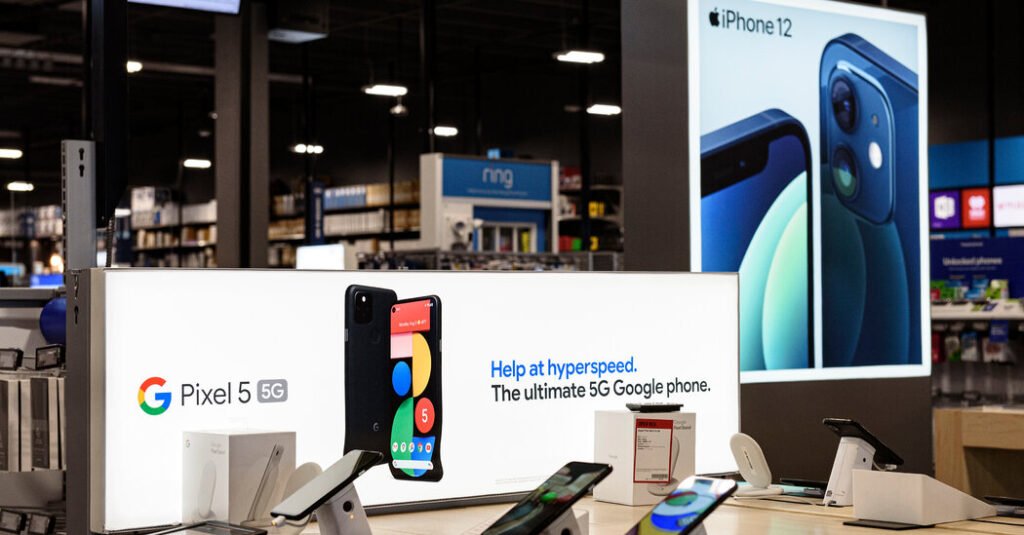The European Union on Tuesday reached an agreement that will require all new smartphones, tablets and laptops to use a common charger by 2026.
The policy is an attempt to address the well-known consumer frustration of having a drawer full of chargers — some for Apple devices, others for portable speakers or hand-held gaming systems. It brings an unusual level of involvement by a government regulator into product design decisions.
Policymakers said the move would cut down on electronic waste. But the new law had been opposed by companies including Apple, which said it would prevent new charging technologies from developing. Under the law, a European standards body will be in charge of considering future charger designs for all devices.
By 2024, all new mobile phones, tablets, digital cameras, hand-held video game devices, headphones, portable speakers, keyboards, mice, earbuds and other portable devices will need USB-C charging ports, the European Commission announced. By 2026, the law will apply to laptops.
Companies will also be required to sell devices without a charger to reduce the number of chargers in circulation. The European Commission, the executive body of the 27-nation bloc, said discarded and unused chargers produced 11,000 tons of waste each year.
“A common charger is common sense for the many electronic devices on our daily lives,” Thierry Breton, the European commissioner who helped negotiate the deal, said in a statement.
Any move by tech companies to comply with the law may have broader implications. After Europe passed the General Data Protection Regulation, a privacy law that took effect in 2018, many companies applied the standard to their products globally. Other nations also often follow Europe’s lead in tech legislation, potentially resulting in similar laws elsewhere.
